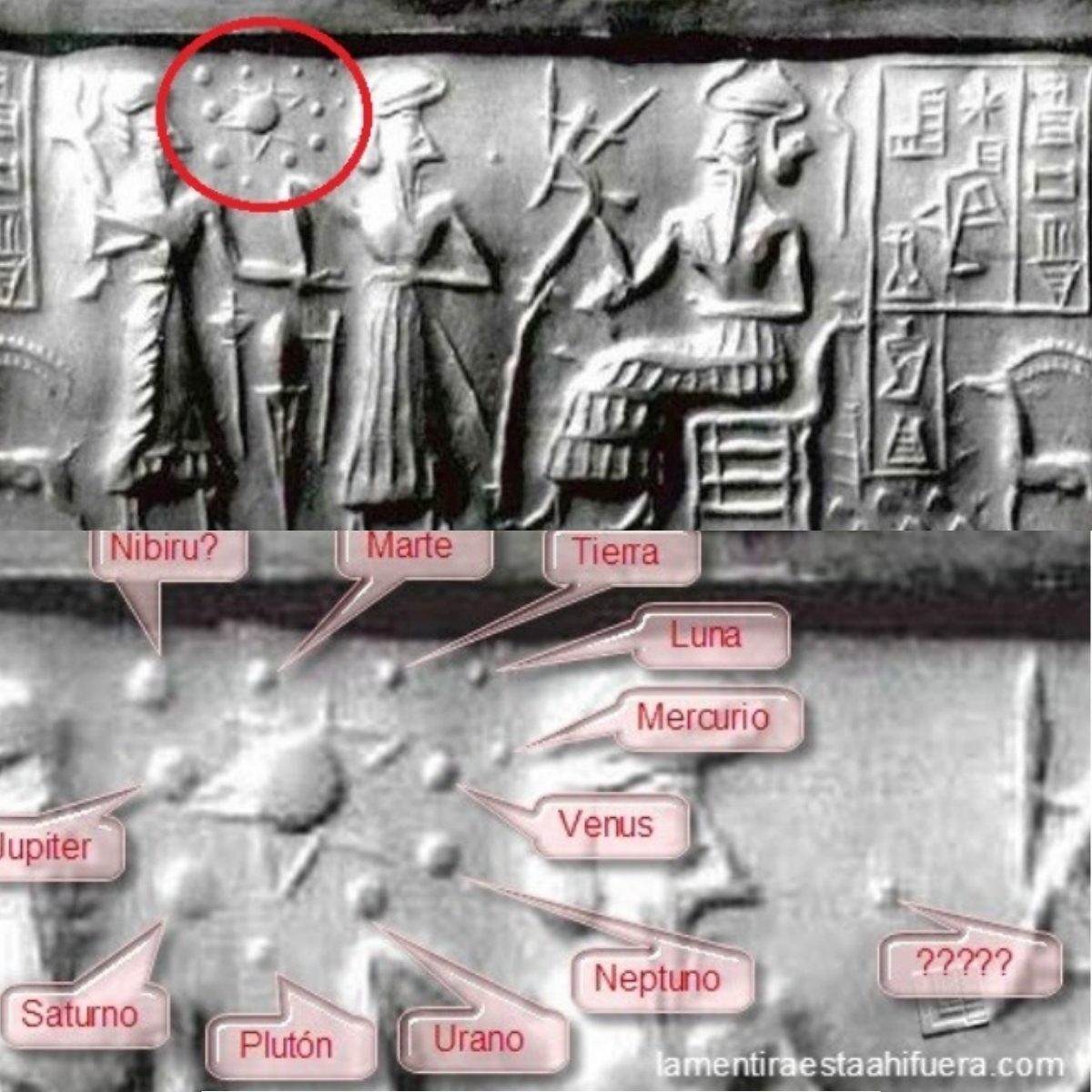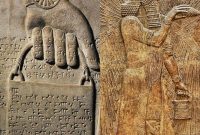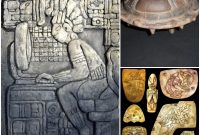The mysteries of the cosmos have fascinated humanity for millennia, inspiring curiosity and exploration into the vast reaches of space. While modern science has provided invaluable insights into the workings of the universe, ancient civilizations also possessed their own unique perspectives on celestial phenomena. Among these, the ancient Sumerians of Mesopotamia stand out for their remarkable contributions to astronomy and cosmology. Through their intricate cuneiform texts and clay tablets, the Sumerians left behind a legacy of knowledge that continues to intrigue researchers to this day. In this article, we explore how the solar system was decoded through ancient Sumerian texts, shedding light on humanity’s ancient understanding of the cosmos.

The Sumerian Legacy: The Sumerian civilization flourished in Mesopotamia (modern-day Iraq) around 4,000 to 2,000 BCE, making it one of the earliest known civilizations in human history. Among their many achievements, the Sumerians developed a sophisticated system of writing known as cuneiform, which they used to record various aspects of their society, including religious beliefs, legal codes, and astronomical observations. It is through these cuneiform texts that we gain insight into the Sumerians’ understanding of the cosmos and their place within it.
Celestial Observations: Central to Sumerian cosmology was the belief in a pantheon of gods and goddesses who ruled over the heavens and the earth. The Sumerians closely observed the movements of celestial bodies, associating each with a specific deity and attributing divine significance to planetary alignments and astronomical events. Among their most notable observations was the identification of several celestial bodies within our solar system, including the planets Mercury, Venus, Mars, Jupiter, and Saturn.
Decoding the Solar System: Through careful analysis of Sumerian texts and astronomical records, modern researchers have been able to reconstruct the Sumerians’ understanding of the solar system. One of the most significant contributions of Sumerian astronomy is the identification of the planets as distinct celestial entities with unique properties and movements. By studying the patterns of planetary motion and recording their observations over time, the Sumerians developed a rudimentary model of the solar system that laid the foundation for later astronomical advancements.
Planetary Deities and Symbolism: In Sumerian mythology, each planet was associated with a specific deity and imbued with symbolic meaning. For example, the planet Venus was known as the “Queen of Heaven” and associated with the goddess Inanna, while Jupiter was associated with the god Marduk, the chief deity of the Babylonian pantheon. These planetary deities played integral roles in Sumerian religion and cosmology, shaping the Sumerians’ understanding of the celestial realm.
Legacy and Influence: The legacy of Sumerian astronomy extends far beyond the ancient world, influencing subsequent civilizations and laying the groundwork for modern astronomical science. The Sumerians’ meticulous observations and systematic record-keeping paved the way for advancements in mathematics, astronomy, and cosmology, shaping our understanding of the universe for centuries to come. Today, we continue to study and appreciate the contributions of the ancient Sumerians to our collective knowledge of the cosmos, recognizing their enduring legacy in the annals of human history.
The solar system was decoded through ancient Sumerian texts, providing valuable insights into humanity’s ancient understanding of the cosmos. Through their meticulous observations and religious beliefs, the Sumerians identified the planets within our solar system and ascribed divine significance to their movements. Their contributions to astronomy and cosmology laid the foundation for later scientific advancements and continue to inspire curiosity and exploration into the mysteries of the universe. As we continue to unravel the secrets of the cosmos, let us not forget the profound insights gleaned from the ancient wisdom of civilizations past.



